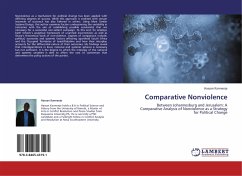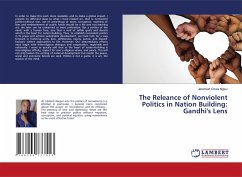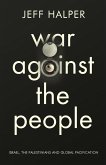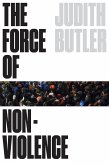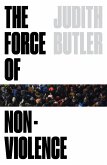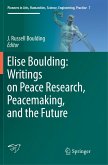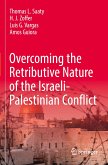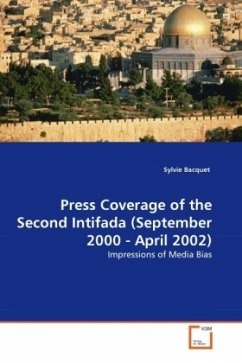Nonviolence as a mechanism for political change has been applied with differing degrees of success. While this approach is credited with certain instances of success,it has also faltered in others. Using Most Similar Systems Design, this author examines factors underpinning the variability in outcomes with the aim of establishing possible constant(s) that are necessary for a successful non-violent campaign. To this end, he employs both Schock s analytical framework of unarmed insurrections as well as Sharp s theoretical tools of non-violence. Aspects of comparison include; political, economic and systemic factors affecting apartheid South Africa and the Occupied Territories of Israel/Palestine and how their interplay accounts for the differential nature of their outcomes. His findings reveal that interdependence in local, national and systemic spheres is necessary but not sufficient. It is the degree to which the interplay of the national and systemic variables is able to affect the cost of contention that determines the policy actions of the parties.
Bitte wählen Sie Ihr Anliegen aus.
Rechnungen
Retourenschein anfordern
Bestellstatus
Storno

